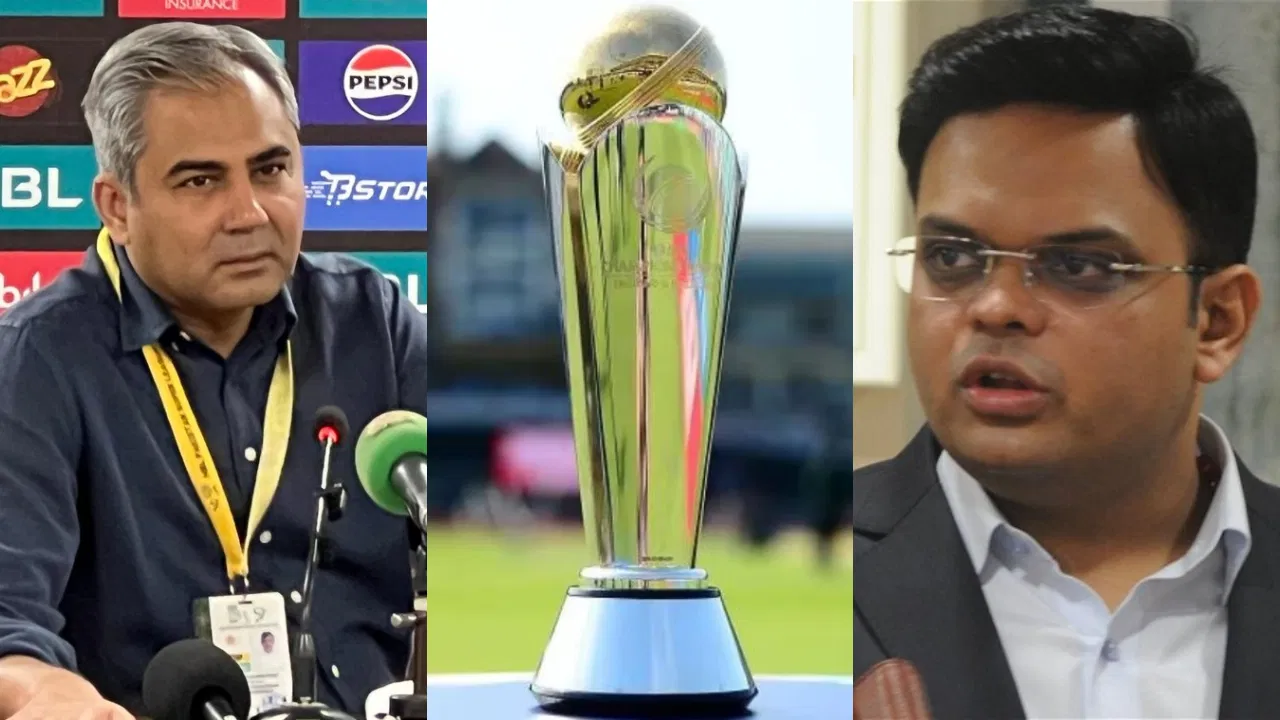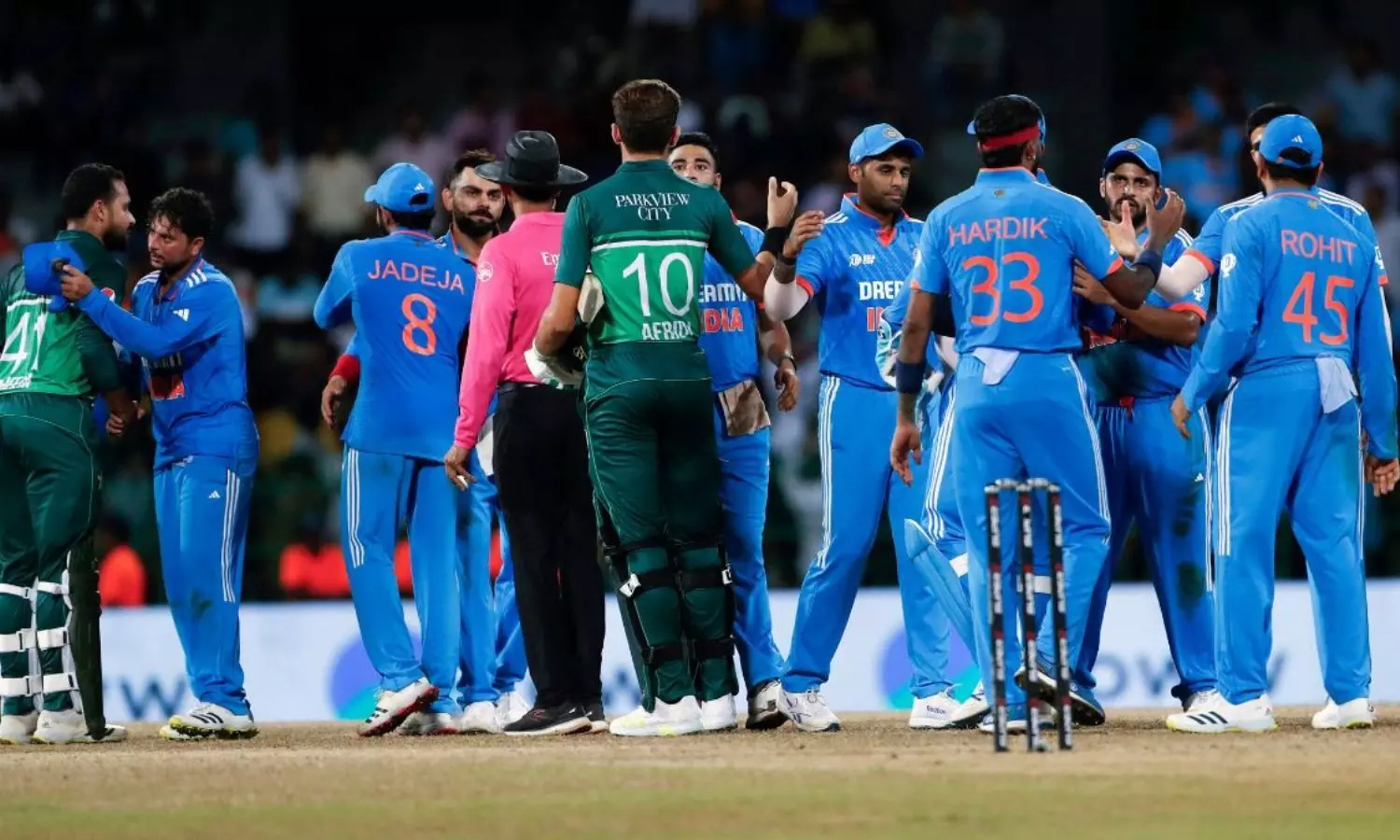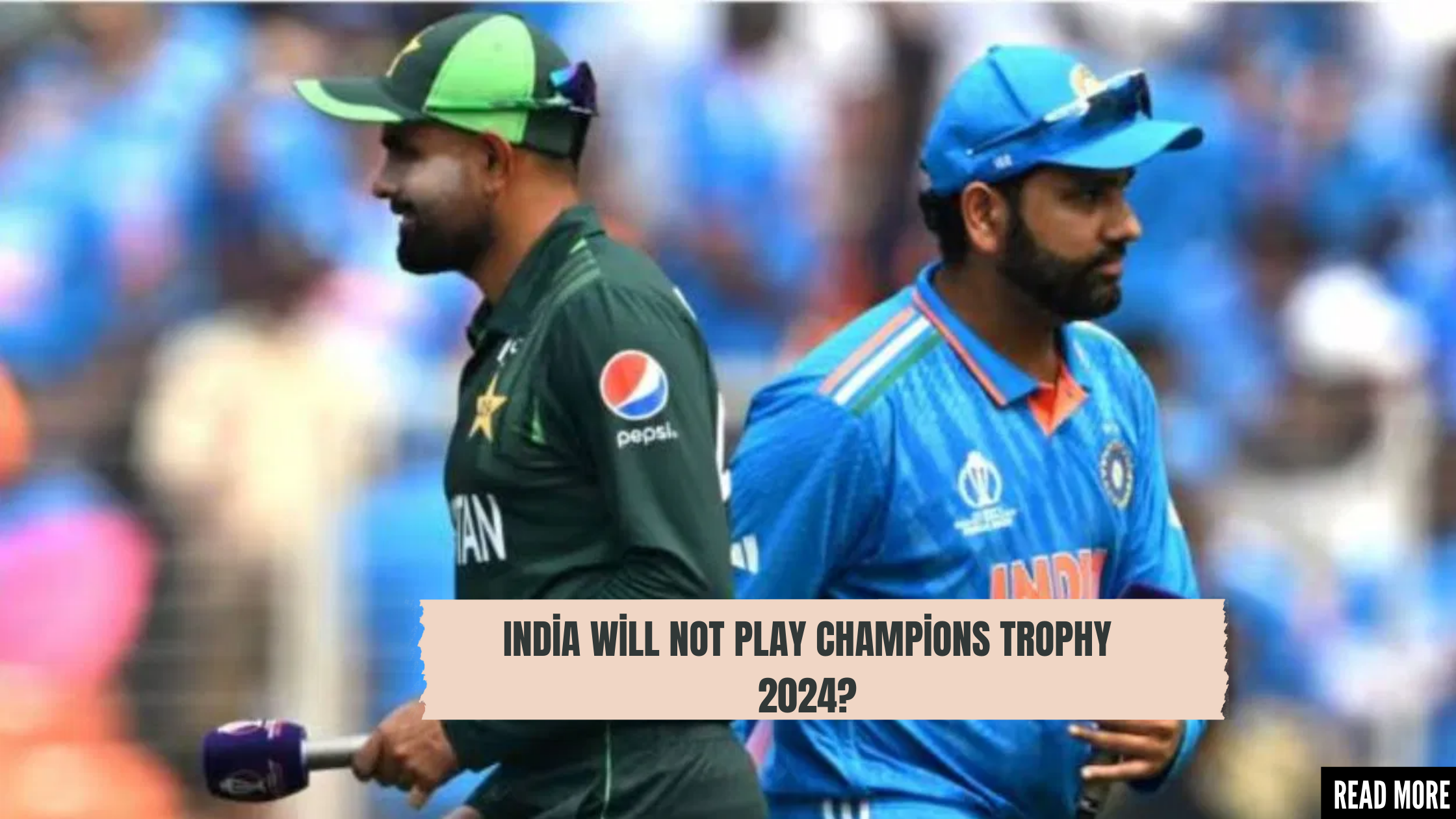In a dramatic turn of events ahead of the 2025 ICC Champions Trophy, the Board of Control for Cricket in India, BCCI, has rejected the offer of the Pakistan Cricket Board, PCB that would have ensured that the Indian cricket team returns back to India after every one of the games played in Pakistan. It aimed to counter the security concerns and ensure India’s participation in the tournament scheduled to be held in Pakistan. The total rejection of this proposal has set off a wide range of reactions within the cricketing world and outside it. In this article we will explore why BCCI Rejects PCB Proposal?
BCCI Rejects PCB Proposal: PCB Proposal

The PCB’s proposal was based on the historical security concerns that have haunted cricketing relations between India and Pakistan. This compromise idea aimed at offering a panacea which could allow India to play at the Champions Trophy without staying in Pakistan throughout the tournament. India was to travel to Pakistan for their matches and return to either Chandigarh or New Delhi for the remaining ones.
The Champions Trophy is scheduled to run from 19 February to 9 March 2025, and games are scheduled in Lahore, Rawalpindi and Karachi. India will play all their group-stage matches against Bangladesh on February 20, Pakistan on February 23 and New Zealand on March 2. All of India’s matches were scheduled in Lahore, as initially planned based on proximity to the Indian border so Indian fans could easily attend the games.
Join us for Free prediction and More information about cricket join us on our Telegram channel
BCCI Rejects PCB Proposal: Reasons for Rejection

There are many reasons through which the BCCI may not like to accept the proposal made by PCB:
- Logistical Burdens: After every match, it would be a huge logistical task and expensive to fly the team back from India to Pakistan and vice versa. The cricketers would face an enormous physical and psychological amount that would start to tell in the performance in matches.
- Security Issues: Since the security issue had already been a part of the proposal to conduct the tour, the BCCI and the Indian government might have felt that the security in Pakistan was not at par. Player and support staff’s safety are paramount, so even if it seemed that there was a risk, the benefits outweighed to allow the tour under such conditions.
- Political Connotations: Cricketing ties between India and Pakistan will thus become the victim of politically engineered decisions. Perhaps BCCI will pass up this proposal as an expression of the present status of bilateral diplomatic relations between the two nations.
- Tournament Integrity: Allowing one team to have such an arrangement might become a precedence and would adversely affect the integrity and fairness of the tournament. Other participating teams may raise issues with favoritism and the subsequent implication on competitive balance.
BCCI Rejects PCB Proposal: Reactions and Implications

The rejection of the PCB proposal has brought various reactions from stakeholders:
The cricketing world reacted strongly to it, as a barrage of former players and cricket analysts entered the forum for or against the move. Many have vented out their disappointments with the move by supporting that it was a practical solution to a complex problem. Others have also backed up the BCCI’s stance, saying it is one of the ways to protect the players and that logistical feasibility was a consideration in itself.
- Fans: Cricket fans in India and Pakistan have mixed reactions. Indian fans are relieved since their team will not need to travel under conditions that may prove risky, while others lose hope that they might not win the chance to see their team play in Pakistan.
- Media: The media of both the nations have given in-depth coverage regarding the development with many aspects. Indian media houses have been generally positive regarding BCCI’s decision, and have claimed security and logistical factors. Pakistani media have been dissatisfied and have expressed disappointment over this refusal as it is a step backward for both countries’ cricketing relations.
The PCB’s proposal has been declined, which actually comes up with the question of cricketing ties in the near future between India and Pakistan. For ages, India and Pakistan have had the biggest rivalry in cricket, but the bilateral series between them have rarely been seen in recent times due to political issues. Champions Trophy was one such platform that can help tide over the cricketing rivalry at the world level between the two teams, but in the present situation, India seems uncertain about its participation in the Championship Trophy.
This challenging and complex path will require careful treading on the part of the International Cricket Council and the other cricketing authorities. Given that participation by all the strong teams is necessary, it can be a successful and credible tournament at the global level. The ICC may have to explore compromise options such as neutral venues or stronger security arrangements to ensure that India does participate in such tournaments without losing its safety.
BCCI Rejects PCB Proposal: Conclusion
This again underlines the very complex interplay of security, logistics, and politics involved in international cricket, which is seen by a BCCI refusing to accept an offer from the PCB for India to return home after each match in the Champions Trophy. While some are disappointed by the decision, others may have been relieved by it, but it certainly underlines the challenge of staging high-stakes tournaments within the framework of a charged political environment. Attention will remain riveted on finding a viable path forward, thus protecting the safety and participation of all teams and at the same time preserve the spirit of the game as the cricketing world looks forward to the 2025 Champions Trophy.
